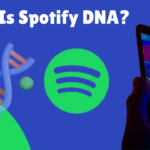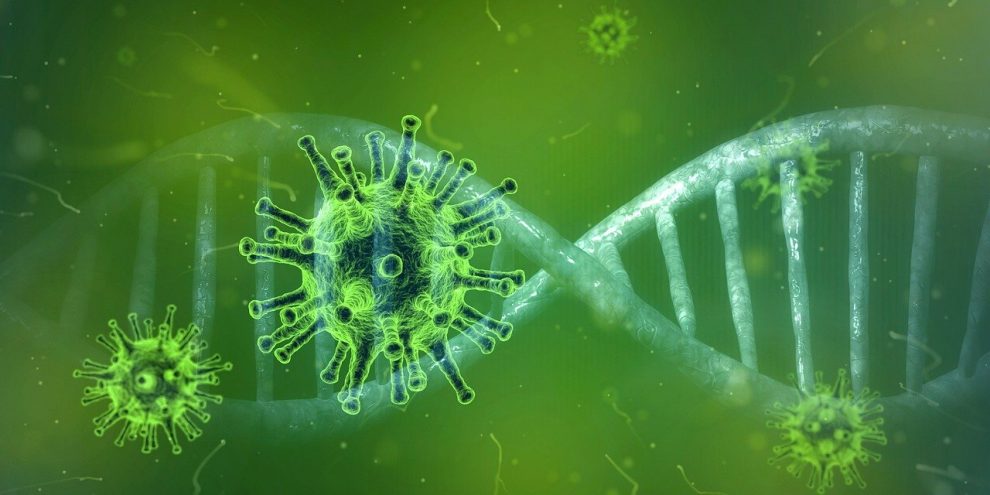When we think of 2019, it seems very hard to imagine a life without having to go out with friends, hang out with family members at restaurants and movie theatres, not be able to go to your work and to your gyms, not even be able to go out for grocery shopping. But all this was what 2020 was all about. The year saw most of us evolving and adapting to a new lifestyle and emerging norms of the society such as sanitised public spaces, grocery delivery software, no contact delivery and drop off services and whatnot.
But when we come to think of it, it seems like the year taught us more about survival and how to take good care of ourselves and adapt to norms of the evolving and ever-changing world. It sure felt like survival of the fittest.
Sure there were a lot of negatives that came off of the pandemic situation, such as the loss of dear ones, restriction in meeting family and friends, lots of people lost their jobs and the millions of people who were affected by the slide in the economy. But there has been a small silver lining to the grey clouds out there.
Many social norms that have been introduced have been of great use for the general well-being of the public and the technological developments to overcome the lockdown situation is of great use even otherwise. Below are the points that can be considered as the upside for the pandemic:
1. Safe and Sanitised public spaces
Even though most places claim to be clean such as public rest stops, diners and eateries, there is hardly any step taken to actually get the place and the most contacted surfaces sanitised by the officials. Thanks to the pandemic, most places such as rest stops, bus stands, metro stations, airports, public restrooms and even eateries are now thoroughly sanitised. With or without the virus, this is a huge plus point as it can avoid contracting any kind of infections and helps most people to travel safely.
2. Social Distancing and Mask wearing
Mask wearing might be a very uncommon thing, but masks are worn by people in China and India, the most polluted cities to ward off the dusty air and to protect the lungs from pollutants. Even without the virus, wearing a mask can be quite useful when you are in crowded places such as the metro or a crowded eatery where people with the illness may or may not be present, and the chance of spreading infection in that area is quite high.
Social distancing is also quite useful as maintaining a basic distance allows people to have a sense of boundary and to respect other individuals’ ‘personal bubble.’ It helps in warding off infections that can spread from touch and therefore is helpful in the changing world as we move forward. It also ensures that places are not too overly crowded and therefore maintains a decorum in most places.
3. No-Contact Services
The Pandemic situation has been the mother of discovery for many no-contact services as it became the need of the hour. Most people who had to go in for complete quarantine had no option but to depend on such services for food and supplies. This saw a huge uprising in many no-contact services for day to day requirements even without the virus in the picture, as they would stay relevant for many years to come.
Most of us prefer to be in a confined area and not having to go out in the evening to tend to our chores truly strikes a chord with the young generation. No contact services can get this job done in a jiffy with just a few presses of your smartphone. Be it car services, food delivery or grocery delivery software, everything is now available at the click of a button, and all the paperwork and billing is remote and digitised. All you need to do is oversee the billing and click ‘approve’ for the payment transaction.
This has come as a huge blessing for not just quarantined individuals but for most of us who are either confined or prefer getting works done this way. The most benefited from these services are the elderly who find it risky and also difficult to get their chores done in this time of the pandemic, and this is a blessing for them.
These are some of the upsides for the pandemic situation and how services have risen to the situation.


















